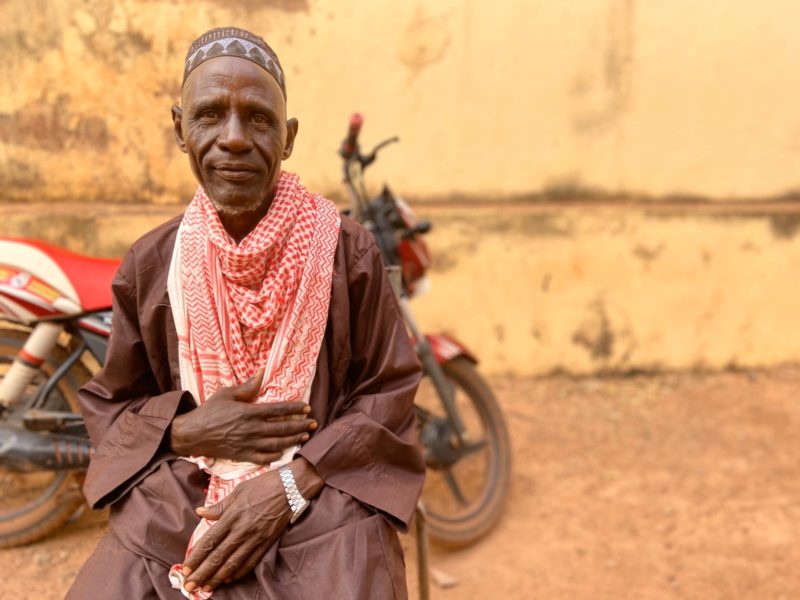
Subscribe to CCP's monthly newsletter
Receive the latest news and updates, tools, events and job postings in your inbox every month

In so many places around the world, it has long been taboo to discuss family planning.
But giving people access to their preferred contraceptive is critical to solving many of the world’s most pressing health problems. When families use modern contraception, they can decide the timing, number and spacing of their children. This, in turn, reduces maternal and newborn deaths and improves the health of both mothers and their babies.
Resources for development are limited, and advocates often characterize family planning as a “best buy” because it creates ripple effects across many sectors. Every $1 invested, the UN tells us, can save governments up to $6. And when women and young people can plan their families and futures, entire communities and nations thrive.
Our biggest challenge is to make conversations about family planning more acceptable in people’s homes and communities, to help people understand where and how to access services, and communicate the most up-to-date and relevant information on available methods.
CCP works with health clinics to ensure women are respected, regardless of their age, marital status or contraceptive choice. We work with religious leaders to help men and women both understand that contraception does not mean compromising their spiritual beliefs. We work with couples to make male partners an integral part of the decision-making process. Our approach to family planning is to do whatever it takes to help men and women make the healthiest decisions possible.
In Nigeria, many women didn’t trust the rundown health facilities and weren’t seeking out modern contraception.
The 72-hour makeover. CCP transformed hundreds of clinics – painting rooms, replacing outdated equipment, retraining staff to have more compassion for those in need of family planning – all conducted over a long weekend alongside the local community. The reopened facilities saw immediate boosts in family planning appointments and the concept spread across Africa.
Receive the latest news and updates, tools, events and job postings in your inbox every month